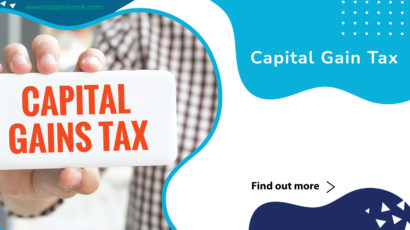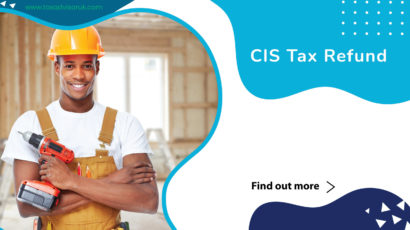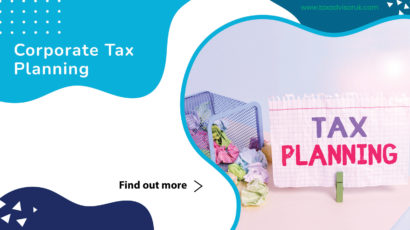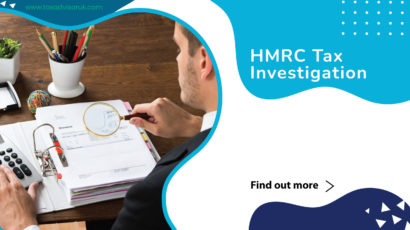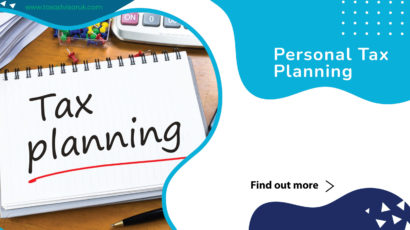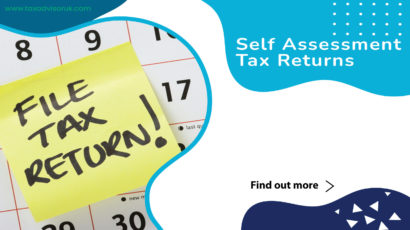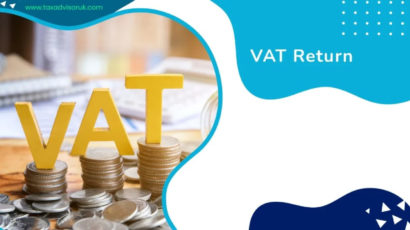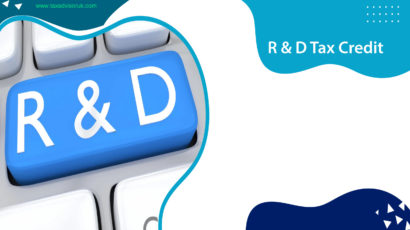When starting a business, many people choose to operate as a single trader. However, just because you’re a sole trader rather than a limited company doesn’t mean you won’t have to register for VAT.
This blog will teach you everything you need to know about VAT registration, such as why and how sole proprietors can register.
What is VAT registration?
The Value Added Tax (VAT) is a broad tax levied on almost all goods and services sold. Simply put, VAT is a tax levied on purchases based on the value of the product. VAT rates are calculated in percentages, and there are many different VAT rates depending on the goods.
What is the amount of VAT that a sole trader charges or pays?
This is largely determined by the products or services being sold or purchased. However, the standard VAT rate for many items and services is 20%.
Some items are subject to a 5% VAT rate, whereas others are zero-rated and pay no VAT. The most recent VAT rates can be found on the HMRC website.
Responsibilities of sole traders in terms of VAT
As a single trader, you are legally liable for charging VAT to your customers if you want to register for VAT. The VAT you charged must then be reported to HMRC via quarterly online VAT returns.
Do I need to register for VAT?
Not all sole proprietors must register for VAT. Only if your annual turnover exceeds £85,000 in a calendar year are you required to register for VAT. It’s known as the VAT limit. Once a sole trader reaches the VAT threshold, they must register for VAT with HMRC.
Every VAT-registered individual or business must submit digital VAT returns to HMRC as part of Making Tax Digital for VAT (MTD).
VAT registration for individual traders on a voluntary basis
Even if your revenue does not exceed the legal registration threshold of £85,000, you can still register for VAT on a voluntary basis. Some people do this because there are some benefits to registering for VAT. Check out the list below.
What is the deadline for registering for VAT?
If your total income over the previous 12 months exceeds the VAT registration threshold at the end of the month, you must register for VAT. If you anticipate exceeding the registration threshold within the next 30 days, you should also register for VAT.
The advantages of VAT registration for sole traders
There could be benefits to becoming VAT registered. Here are a few of the benefits of VAT registration:
What are the advantages of registering for VAT?
- If you charge VAT, you can appear to be a larger company or strengthen your brand.
- Due to the fact that VAT-registered businesses can reclaim the VAT they paid you from HMRC, your selling price to other VAT-registered businesses will remain unchanged. However, it will have an impact on prices paid by non-VAT registered businesses and consumers.
- You will be able to reclaim VAT on your own expenses for goods and services purchased for your business.
- If you are eligible for a VAT refund, you will undoubtedly benefit.
- Voluntary registration may help you avoid exceeding the VAT registration threshold and failing to register by accident. If this occurs, you may be subject to HMRC penalties.
- If you are still using the products, have been in business throughout the period, and have VAT invoices and records as proof, you may be able to reclaim VAT on goods purchased up to four years before you registered for VAT. Before registering for VAT, you can claim for services for up to six months.
Being VAT registered has its disadvantages.
There are some drawbacks to being VAT registered; thus, if you have the option because you have not yet reached the VAT threshold, you should think about them.
It’s possible that some of your customers and clients aren’t registered for VAT (which means they cannot reclaim the VAT on your invoice). As a result, your goods or services may become more expensive or unfairly overpriced.
If you generate more VAT on items and services you sell than you paid on items and services purchased from other businesses, you may be issued a VAT bill that you must guarantee you can pay.
VAT-registered businesses must keep detailed records, including all VAT invoices and receipts, and file a quarterly VAT return. This can increase your time and expenses, as well as your accountant’s.
Is it possible to reclaim VAT if I am not VAT registered?
No, if you aren’t registered for VAT, you won’t be able to reclaim any VAT on commercially purchased goods or services.
I’m not VAT registered, thus can I claim VAT back?
You must register with HMRC if you have determined that being VAT registered is the best option for you and your business, or if you will or have reached the VAT threshold.
The vast majority of sole traders have the option of registering for VAT online. You will be given a Government Gateway account if you register for VAT. This account will be used to send HMRC quarterly VAT returns.
After everything has been approved, your VAT registration certificate should be sent to your VAT online account within 30 working days, and you will be assigned a VAT registration number to use on your sales invoices and communication. The deadline for filing your first VAT return will also be submitted to you.
We provide a comprehensive VAT registration and VAT return service at dns accountants.
As a sole trader, you must file VAT returns.
HMRC will require you to file VAT returns so that they can determine how much you must pay or how much you should be refunded.
If you charged more VAT than you paid, you must pay the difference to HMRC.
You can get a refund from HMRC if you paid more than you were charged.
VAT rates
There are three distinct VAT rates, and it is your responsibility to ensure that you are charging the correct amount for what you are selling.
VAT Standard rate
The usual VAT rate is 20%, which applies to the majority of products and services sold.
VAT Reduced rate
Some items, such as children’s car seats and household electricity, are subject to a lower VAT rate. If your product fits into one of these categories, you’ll have to charge VAT at a rate of 5%.
VAT Zero-rate
Some items, such as food, literature, and children’s clothing, have a zero percent VAT tax.
Zero-rated items must still be recorded in your VAT accounts and reported to HMRC in your VAT return.
As a sole trader, what do you need to do to charge VAT?
You must begin charging VAT on your invoices to consumers once you have determined which VAT rates apply to your firm and the items or services you offer. It’s a good idea to include VAT in your current prices.
Your VAT registration number must appear on your invoices to customers as well as on your VAT return to HMRC.
VAT for sole traders who run many businesses
If you are a sole trader, there is no legal distinction between you and your business. As a result, if you run a number of sole traders, VAT will be charged on all of your earnings. It is critical to remember this because it may affect when you must file for VAT registration and legally register for VAT.
How TaxAdvisor UK can help
At TaxAdvisor UK , our experts will provide you 30 minutes free consultation and help you in managing all your tax and accounting work. Speak to our expert accountants, tax advisor on (0203) 5381276 or fill an online form today. We can have a consultation session over the phone, virtual or face to face meeting and will provide you with a no obligation fixed quote




